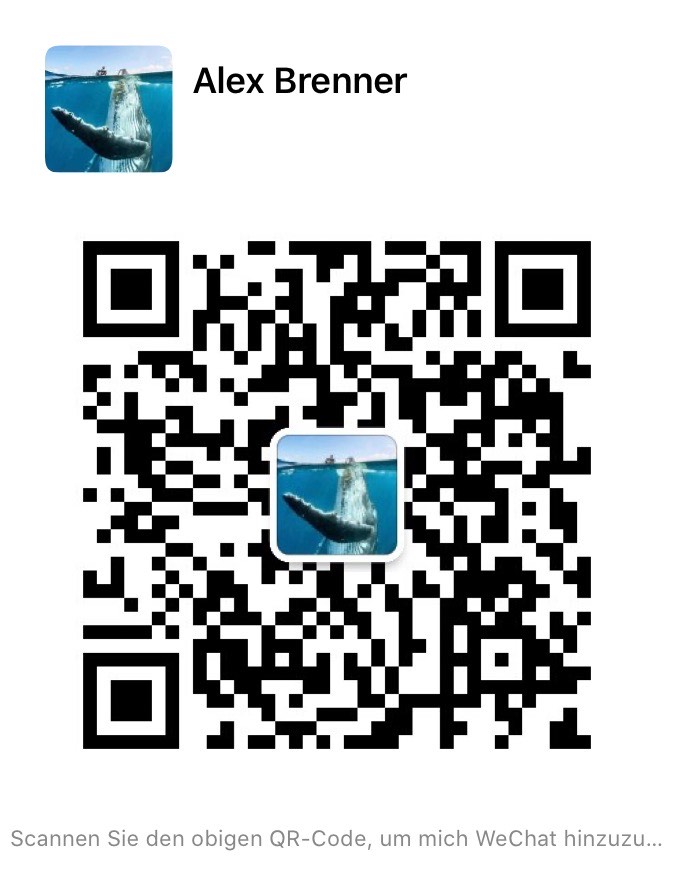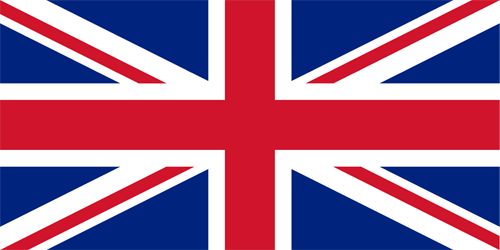Responsible Travel Policy
Policy Aims
Through our tours we want to raise awareness about the threats our oceans and especially whales are facing and are heavily suffering from. Experiencing a whale below the surface can open your eyes and make you understand why we must protect the environment and act against pollution and climate change.
The welfare of the animals and our guests are our highest priority, which is why we follow strict rules to ensure a passive, non-invading but nevertheless breath-taking encounter.
Policy Aims
- Brochures on our website (www.experiencegiants.com) provide a range of information about each destination. Information include geographical and climatic insights, historical backgrounds, information on security & safety in terms of personal security and diseases. We generally do not frequent violent areas.
- Through our partnerships with local businesses (boat operators, accommodation providers, museums, transport, restaurants, …) we support multiple parties and have a positive impact on the lives of many local people. Buying locally produced products and souvenirs can support the local economy even further. We are happy to advise you where to buy local goods.
- Most of our destinations experience seasonal rainfall, which leads to shortages of water during the dry season. Behaving responsibly when it comes to water consumption is therefore essential. We advise not to take baths, but short showers. It is also advisable to turn off the water while applying shampoo and shower gels.
- Obviously the welfare of the marine ecosystems and especially the whales and dolphins is our highest priority. We therefore follow local guidelines and even apply our own, stricter guidelines when it comesto swimming with whales. We also emphasized the passive way of swimming with whales when we chose our local operators to work with. We also emphasize this point on our website:
- Since the marine environment is suffering heavily from plastic pollution, we try to avoid single use plastics wherever we can. On our boats we bring drinking water in big tanks and use reusable cupsto consume the water. Snacks we bring along are also packaged in reusable containers.
Environmental
- Our business is run online. We can work wherever we are, mostly from home. We therefore do not require physical office space. Also, we do not send out physical documents, everything is digital. In summary we avoid a lot of emissions when it comes to commuting and resources in terms of paper, ink, etc.
- We provide information about our environmental impact upon arrivalto our guests. We explain the situation about the use of water, our way of eating at restaurants using local resources and how we engage with the animals in the water.
- In our tours the flights are not included. However, we encourage our guests to offset the emissions of their flights. We provide several ideas how to do that.
- On top of our ways of working we also have partnerships with an organization. We work with the “Whaleman Foundation”. The Whaleman Foundation acts on behalf of whales on a political level byworking on conservation topics and sanctuaries. We support the foundation by donating a share of our income.
Economic
- All our partners at our destinations are local companies. Whether it’sthe boat operators, transports partners, restaurants, or local guides for museums or other sight-seeing activity. We believe its very important to partner with locals since it firstly helps the local economy and also is a much better experience for our guests to receive information and insights firsthand. It would make a bad impression if somebody from Australia would explain the history and culture of Timor Leste.
- Especially when it comes to boat operators we actively implement our guidelines for swimming with whales and try to show the value of these. We encourage our partners to also use the regulations when doing tours with other people.
- Many of our destinations like Timor Leste, Tonga & the Dominican Republic suffer from heavy plastic pollution. This harms not only nature & wildlife but also the people themselves who often fish in plastic infested waters.
- In the long-term we want to establish local projects and initiatives, also including the governments, to revolutionize the local waste disposal system. Obviously this includes many factors such as political and financial backing and raising awareness in the population. As developments in other countries show, recycling materials can create a whole range of jobs which not only local people benefit from, but eventually also the government.
Social
- As mentioned above, a lot of information is also on the destinations are already contained in the brochures on our website.oPeople then receive an even bigger package of documents after booking.
- We want to connect our guests with the country which is hosting them. Therefore we want to introduce them to local people who can explain them their culture and the history of their countries. We visit different places and want to provide an in-depth experience. In Timor Leste and Tonga this includes the visit of local schools where we distribute school material like books and writing material. In La Réunion we visit traditional creole villages, where we encourage the purchase of locally produced souvenirs.





 Deutsch
Deutsch
